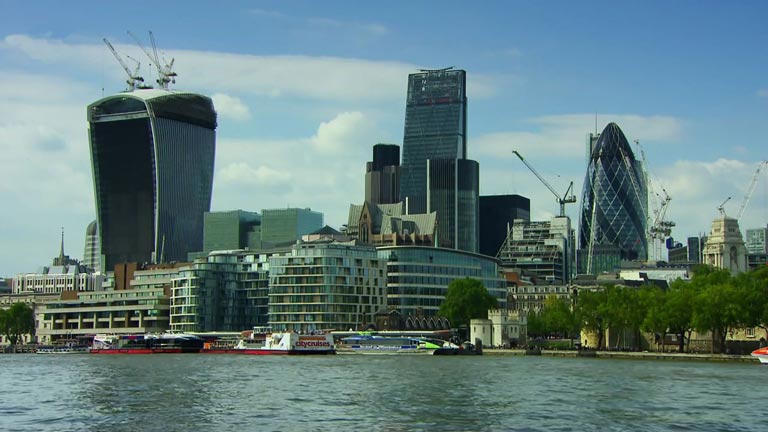For the past few months Theresa May and her ministers have allowed some ambiguities to swirl around Britain’s future relationship with the European Union. Yes, she confirmed in her conference speech in October, Brexit would take it beyond the jurisdiction of the European Court of Justice and the EU’s free movement regime. Some found this hard to square with reports that special arrangements would be sought for parts of the British economy (like the City of London and carmaking) or with Mrs May’s assurance to businesses that she would seek to avoid a “cliff edge” on Britain’s exit from the club. Many in other European capitals questioned whether Britain would leave at all.
To the extent that such uncertainties persisted despite her endless choruses of “Brexit means Brexit”, at a speech to EU ambassadors in London on January 17th Mrs May put them to the sword. Britain will leave the single market and the customs union, and will thus be able to negotiate its own trade deals with third-party economies. It will not pay “huge sums” to secure sectoral access (a phrase whose precise meaning now matters a lot). She wants this all wrapped up within the two years permitted by Article 50, the exit process she will launch by the end of March; ideally with a “phased process of implementation” afterwards covering things like immigration controls and financial regulation. In other words there will be no formal transitional period. There will, in fact, be a cliff edge of sorts.
This reflects two realities to which policymakers in Britain and on the continent must now get accustomed. First, Mrs May unequivocally interprets the vote for Brexit as a vote for lower immigration even at the cost of some prosperity. Never mind that the polling evidence supporting this assumption is limited: such is now the transaction at the heart of the new government’s political strategy. Second, even allowing for a certain amount of expectation-management, it seems Mrs May is not placing huge importance on the outcome of the talks. She wants a comprehensive free-trade agreement (FTA) based on the one recently signed between the EU and Canada; but where “CETA” took about seven years to negotiate, she has permitted herself two. She said that this might cover finance and cars, but also recognised the importance the EU places on the “four freedoms” (making freedom of movement a condition of market membership), suggesting a realism about the extent of any such FTA in the narrow time constraints available. Mrs May also wants some associate membership of the customs union but declared herself relaxed about the details. In short: she will do her best, but if the talks come to little or nothing, so be it.
Of course, they will be tough. The prime minister will want firstly to maximise the scope of the FTA, secondly to maximise the benefits of any associate relationship with the customs union and thirdly to minimise the precipitousness of the cliff off which British firms will fly in 2019. She hinted at how she intended to do so, characterising the country’s current defence and security co-operation with the continent as a possible negotiating chip and warning that her government could “change the basis of Britain’s economic model” (i.e. turn it into a tax haven) if the EU does not play nice. She also said that she would be willing to walk out on the talks: “no deal…is better than a bad deal.”
So Britain’s economy is in for a rough ride and, though the government will try to smooth it out, the priority is getting the country out of the EU in the most complete and rapid way possible. If the price of this priority is economic pain, then pay Britain must. All of which gives firms some of the certainty they have craved since June 23rd: those fundamentally reliant on continental supply chains or the EU “passport” for financial services, say, now have the green light to plan their total or partial relocation. It also means the Brexit talks will be simpler and perhaps even less fractious than they might have been had Britain tried to “have its cake and eat it”. The country will eat its cake and live with an empty plate afterwards. Brexit really does mean Brexit.

